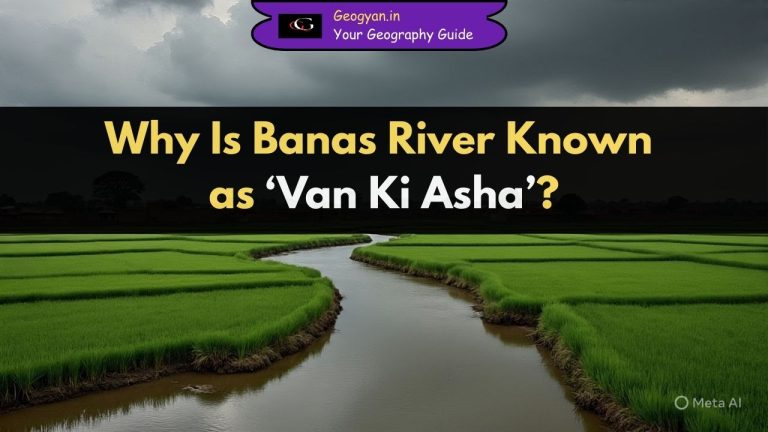Introduction:

Immanuel Kant (1724-1804), a renowned German philosopher and contemporary of Malle-Brun, made a significant contribution to the field of geography. As a professor of logic and metaphysics at the University of Konisberg, Kant’s interest in explorations for empirical knowledge led him to develop a philosophical foundation for geography. In this blog post, we will explore Kant’s role in establishing geography as a scientific field of study and his classification of phenomena based on their nature and position in time or space.
Kant’s Interest in Geography:
While lecturing at the University of Konisberg, Kant annually offered a course on physical geography from 1756 to 1796. His fascination with geography stemmed from his broader philosophical research and the pursuit of empirical knowledge. Recognizing that geography lacked logical organization and sufficient development, Kant devoted considerable attention to gathering and organizing materials from various sources, as well as exploring numerous problems (Hartshorne, 1939, p. 38).
Kant’s Philosophical Foundation for Geography:
Kant’s lasting contribution to geography lies in providing a philosophical framework for the subject as a scientific enterprise. In his introductory lectures, Kant emphasized the classification of phenomena for academic study. He highlighted two distinct ways of classifying phenomena: logical classification based on their inherent characteristics, and physical classification based on their position in time or space.
Logical and Physical Classification:
Logical classification led to the establishment of systematic sciences that focused on specific types of phenomena or activities. This classification formed the basis for various branches of natural and physical sciences, including botany, zoology, physics, chemistry, as well as economics, political science, and sociology. On the other hand, physical classification provided a scientific foundation for historical and spatial sciences. Historical sciences examined phenomena arranged in a time sequence, while spatial sciences, such as geography and astronomy, examined phenomena grouped based on their arrangement in space.
Geography as an Areal Science:
Geography, according to Kant, studies phenomena that exist side by side on the Earth’s surface. It is a chorological, or areal and spatial, science. In contrast, history studies phenomena arranged in a sequence of time periods and is a chronological science. Kant’s recognition of the distinct nature of geography and its focus on description in a spatial dimension provided the discipline with a significant place in his scheme of dividing fields of knowledge.
Kant’s Influence on Geography:
Kant’s perspective on geography as an areal science has had a lasting impact on the discipline. His ideas were later echoed by geographers such as Hettner in the early twentieth century and further formalized by Hartshorne in his influential book “The Nature of Geography” (1939). Kant’s philosophical underpinning of geography continues to be cited by geographers to justify the scientific status of their field.
Contemporary Perspectives:
While Kant’s classification of sciences and the distinction between history and geography have been criticized by contemporary scholars, his pioneering thoughts remain valid. Geographers and historians often study phenomena considering both time and space, making it challenging to draw sharp divisions. However, it is important to note that Kant himself did not endorse the creation of barriers between fields of learning, and his ideas should be appreciated as a logical framework rather than strict boundaries.
Conclusion:
Immanuel Kant’s contribution to geography lies in his establishment of a philosophical foundation for the subject as a scientific discipline. His classification of phenomena based on their nature and position in time or space provided a significant framework for understanding the distinct nature of geography as an areal science. While contemporary scholarship has raised valid critiques, Kant’s ideas remain influential and continue to shape the field of geography today.
FAQs





























